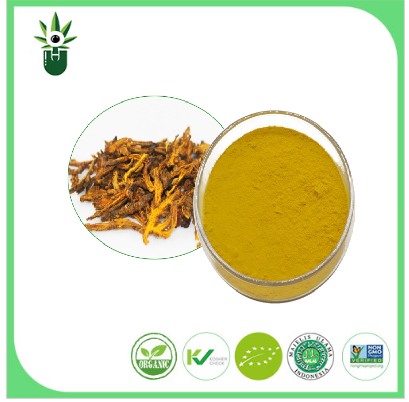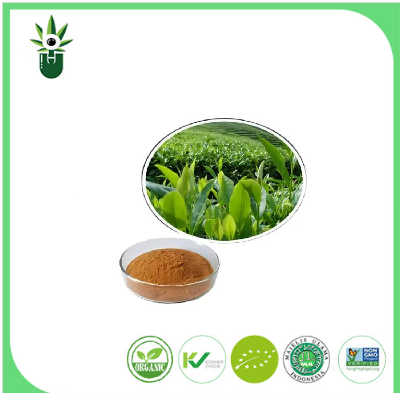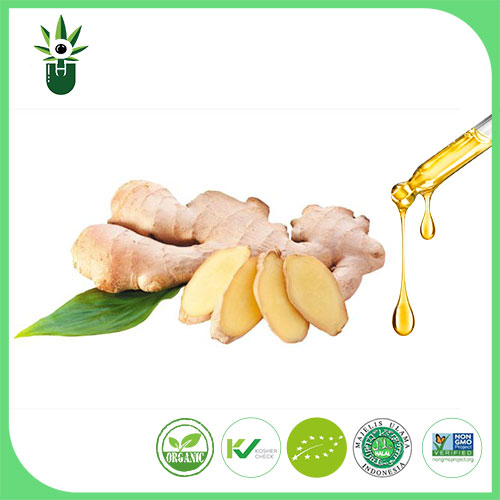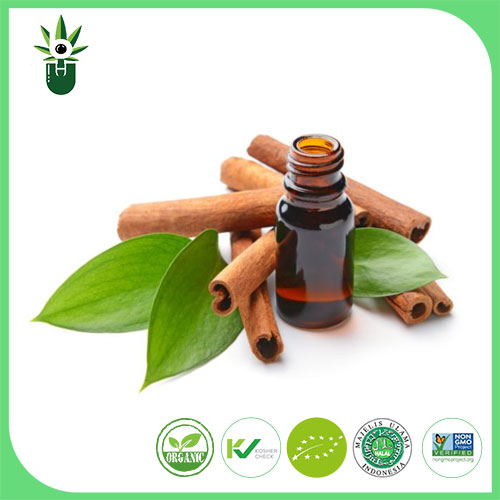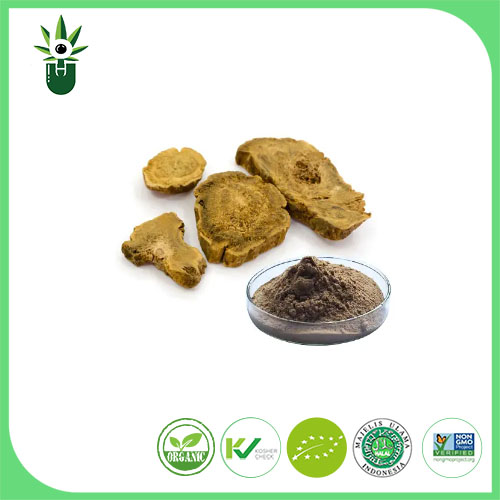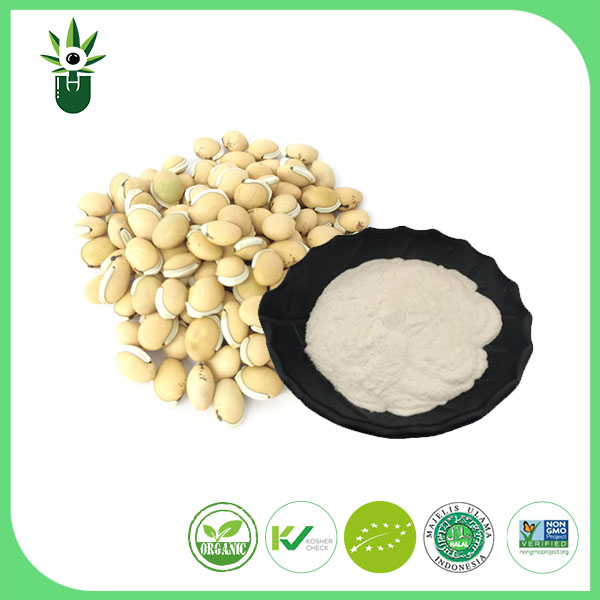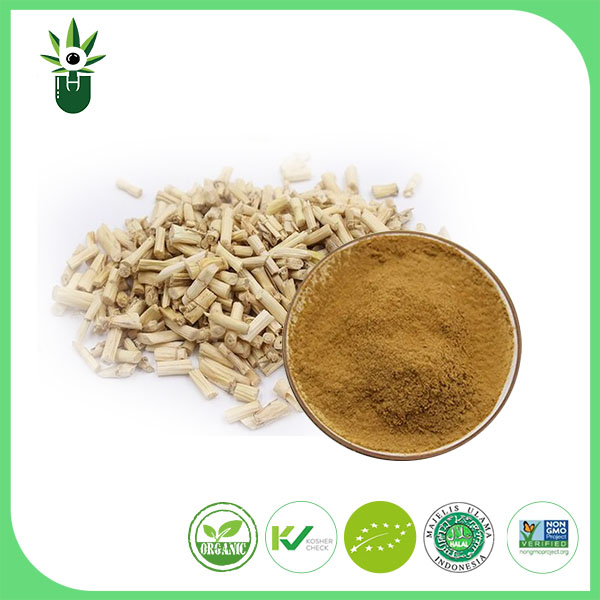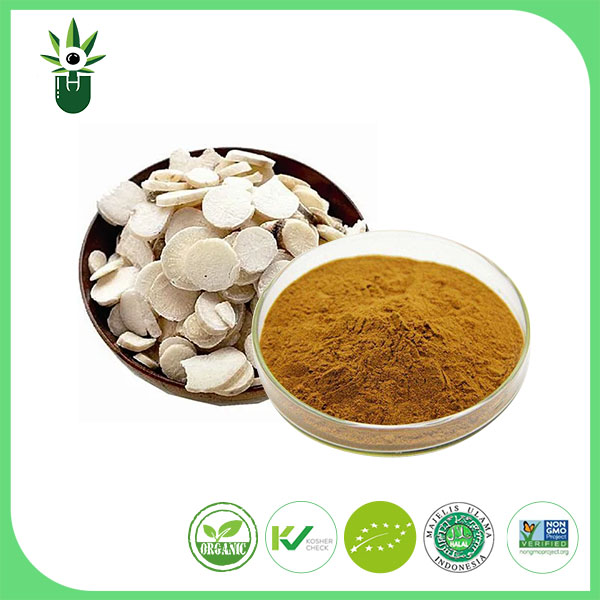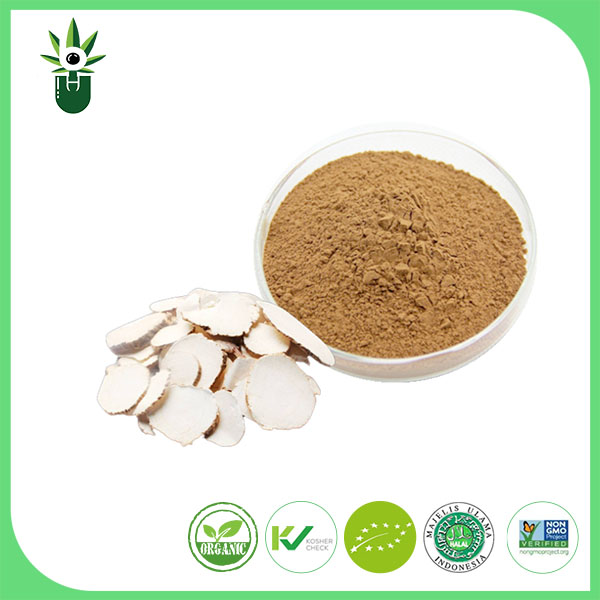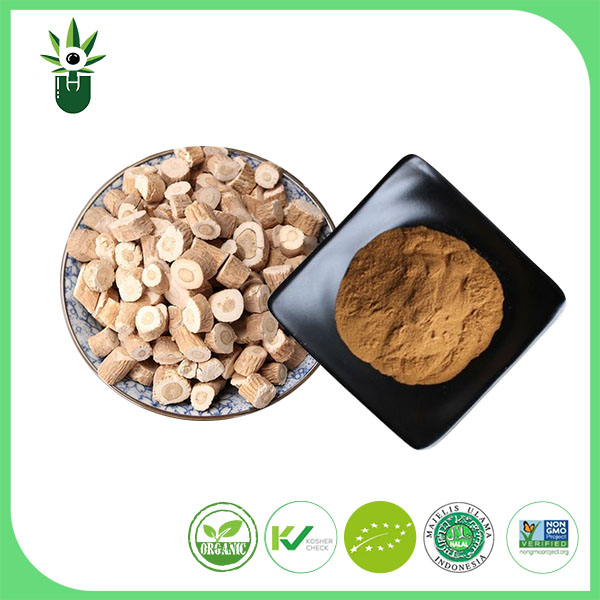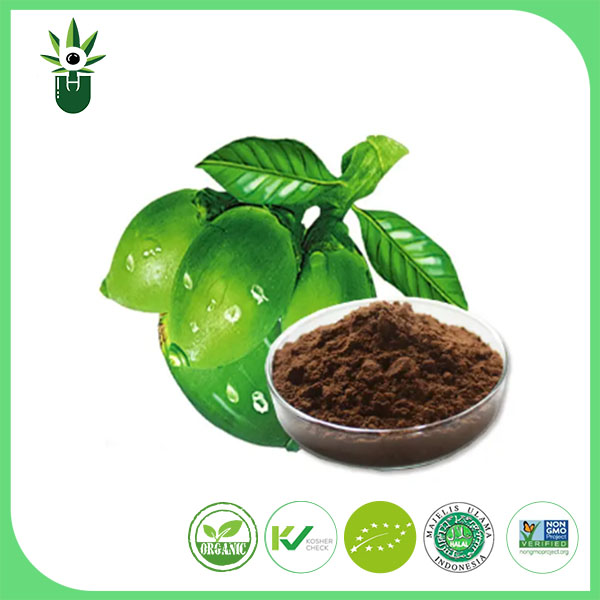
- English
- Español
- Português
- русский
- Français
- 日本語
- Deutsch
- tiếng Việt
- Italiano
- Nederlands
- ภาษาไทย
- Polski
- 한국어
- Svenska
- magyar
- Malay
- বাংলা ভাষার
- Dansk
- Suomi
- हिन्दी
- Pilipino
- Türkçe
- Gaeilge
- العربية
- Indonesia
- Norsk
- تمل
- český
- ελληνικά
- український
- Javanese
- فارسی
- தமிழ்
- తెలుగు
- नेपाली
- Burmese
- български
- ລາວ
- Latine
- Қазақша
- Euskal
- Azərbaycan
- Slovenský jazyk
- Македонски
- Lietuvos
- Eesti Keel
- Română
- Slovenski
- मराठी
- Srpski језик
Rhubarb Extract
Rhubarb extract has a variety of pharmacological effects, such as increasing intestinal peristalsis, promoting defecation, resisting acute pancreatitis, pathogenic microorganisms, resisting kidney failure, protecting liver, cholagogic, anti ulcer, hemostasis, anti fibrosis, lowering blood lipids, anti atherosclerosis, anti-inflammatory, anti-tumor, etc.
Send Inquiry
Rhubarb is the collective name for a variety of perennial plants belonging to the genus Rhubarb of the Polygonaceae family, and is also the name of a traditional Chinese medicinal material. In Chinese literature, "rhubarb" often refers to horseshoe rhubarb. In China, rhubarb is mainly used for medicinal purposes, but in Europe and the Middle East, their rhubarb often refers to several other rhubarb species used for food. The stems are red, the smell is fragrant, the taste is bitter and slightly astringent, and it sticks to the teeth when chewing, with a gritty feel. . Dig when the stems and leaves wither in late autumn or before germination in the following spring. Remove the fine roots, scrape off the outer skin, cut into flaps or segments, string into strings or dry directly.


Product introduction
|
Product name |
Rhubarb extract |
|
Source |
Rheum palmatum L. |
|
Extraction parts |
roots, stems |
|
Specifications |
9% anthraquinone, 10:1 |
|
Appearance |
Brown yellow powder |
Application
1. Medicine
2.Health products

